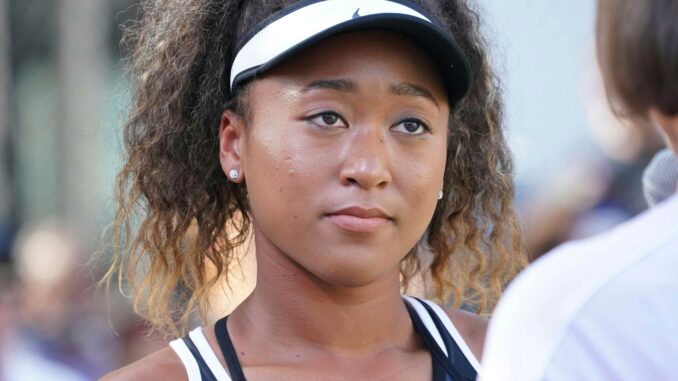
Naomi Osaka admits to having regrets after her connection with Serena Williams’ mentor.
Naomi Osaka recently made headlines with her candid remarks about her journey in professional tennis and the emotional weight that comes with it. In a recent interview, she opened up about her experiences, especially following her connection with Patrick Mouratoglou, the esteemed coach who has worked closely with tennis legend Serena Williams. This partnership has drawn both excitement and scrutiny, leading Osaka to reflect on her career choices and the pressures of public life.
Osaka’s admission of “regrets” highlights the complexities of navigating the competitive landscape of tennis. She acknowledged that her time off from the sport, intended to recharge and focus on her mental health, was marred by feelings of guilt and the fear of falling behind her peers. The intensity of the tennis world can often amplify these sentiments, especially for someone as high-profile as Osaka. She expressed that the expectations from fans, media, and herself have sometimes felt overwhelming, leading to a deeper exploration of her own aspirations.
Linking with Mouratoglou, who has been instrumental in shaping Williams’ legacy, has provided Osaka with a fresh perspective. While Mouratoglou’s experience and insight are invaluable, it has also brought a wave of comparison to her career against the backdrop of Williams’ remarkable achievements. Osaka noted that while she admires Williams immensely, the comparisons can sometimes feel like a double-edged sword. She wants to carve out her own path rather than being constantly juxtaposed against another’s legacy.
Throughout her career, Osaka has been a trailblazer, not only in her sport but also in advocating for mental health awareness. Her struggle with anxiety and depression resonated with many, and her honesty has sparked important conversations in the athletic community. As she continues to seek balance between her personal well-being and professional obligations, her partnership with Mouratoglou may serve as both a source of strength and a challenge, forcing her to confront the pressures that come with high expectations.
In her reflections, Osaka emphasized the importance of learning from her experiences rather than viewing them solely as regrets. She spoke about how each setback has offered valuable lessons, shaping her resilience and determination. This mindset allows her to approach her game with renewed focus and clarity, even amid external pressures.
Osaka’s journey is emblematic of a broader narrative in sports, where mental health and performance intersect. Her honesty about her regrets serves as a reminder that even elite athletes grapple with personal challenges. As she prepares for her return to the court, fans and analysts alike are eager to see how this new chapter unfolds under Mouratoglou’s guidance.
In summary, Naomi Osaka’s reflections reveal a nuanced understanding of her own journey. The admission of regret, coupled with her decision to collaborate with one of the sport’s most respected coaches, speaks to her commitment to personal growth and resilience. As she continues to navigate the complexities of fame, performance, and self-care, Osaka remains an inspiring figure for many, embodying the ongoing struggle for balance in the high-pressure world of professional sports.

Leave a Reply